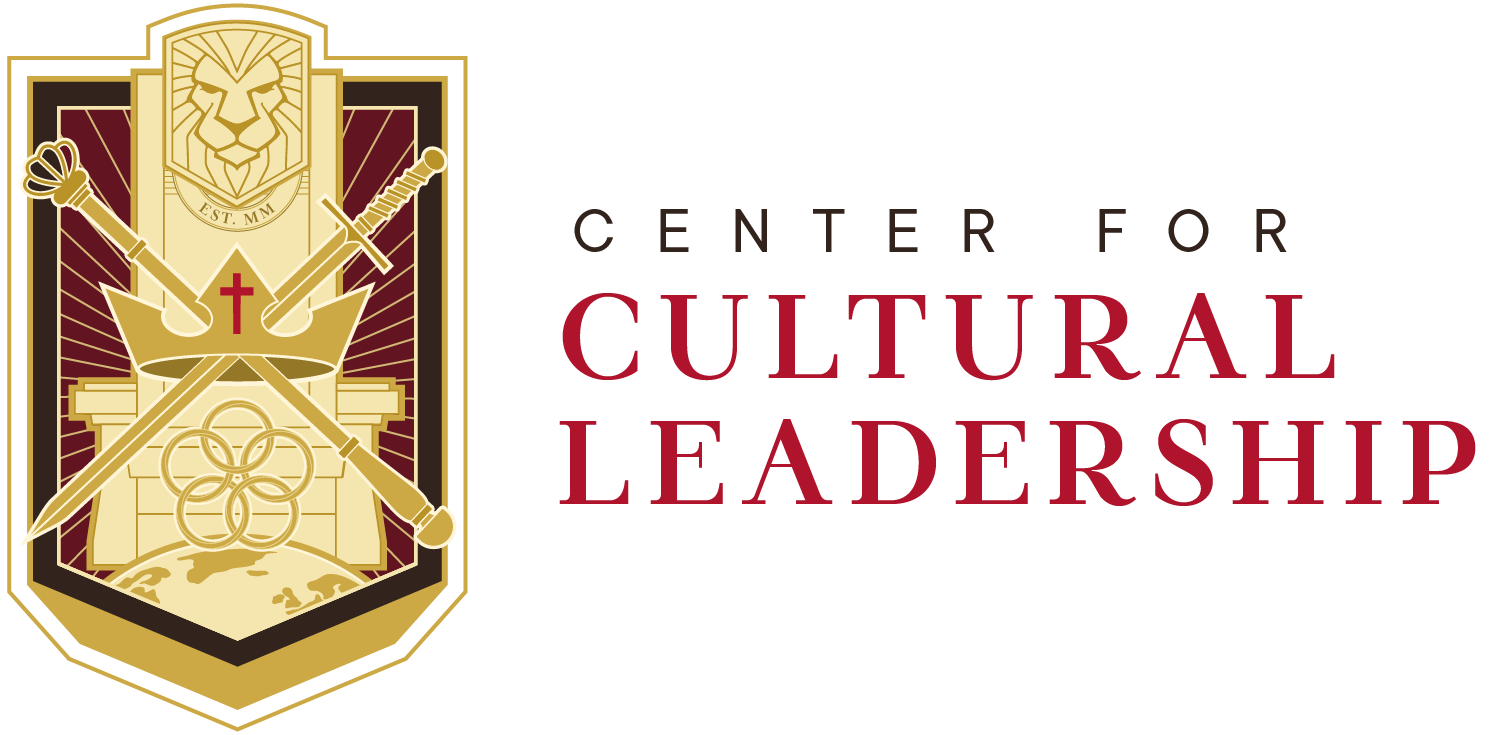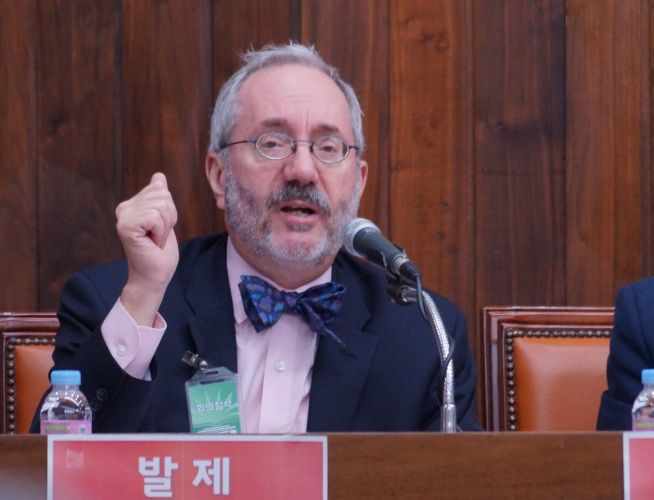
In light of the momentous and unprecedented political responses to the Coronavirus, we asked Jeffery J. Ventrella, J.D., Ph.D., Senior Counsel and Senior Vice President of Academic Affairs & Training for the Alliance Defending Freedom, if he’d consent to a Center for Cultural Leadership interview. He kindly agreed, and the interview is below:
PAS: Thanks for agreeing to this interview, Jeff. Can you start by furnishing a summary of the legal landscape in the response of civil government (federal, state, and local) to the Coronavirus crisis? What major decisions are being made, and what have their effects been thus far?
JJV: Thank you for this important opportunity. First, we ought not to derive our principles, legal or otherwise, from a crisis or moral quandary. In this current situation we see a more marked conflict between freedoms duly protected by our legal structure. Thankfully, the Founders of this republic understood and created enduring structures that both promote human flourishing as well as recognize humanity’s fallen nature, which impedes that flourishing. Those structures vest authority under God to the States derived from the people, including the “police power.” States, not the federal system, have the duty to protect and promote the common good, including the health of its own citizens. Critiquing the President’s action or inaction, is misplaced. The primary obligation lies the several States.
The federal system, however controls immigration policy and funding hopefully coordinating with the States and their several efforts. To date, those efforts – social distancing, restrictions on gatherings, and “shelter in place” directives – are designed to “flatten the curve” of the virus’s spread. While the data regarding the impact of these efforts on the virus are debatable, we are seeing demonstrable economic impact that in the long run is not sustainable and will precipitate unintended, but potentially dramatic harm.
PAS: Are there Constitutional and other legal grounds for these decisions? Are some valid while others invalid? Some simply questionable?
JJV: The basis for “shelter in place” gubernatorial executive orders rests solidly in the “police power” reserved to the States. Now, the rub occurs because such measures may impact, impede, and potentially interfere with other fundamental rights also protected constitutionally, such as speech and the exercise of religion. That in itself, while inconvenient, is not axiomatically unbiblical nor unlawful. However, if a measure specifically targets a particular right, such as religious services or gatherings, instead of applying the measure to (say) all public gatherings, it is pernicious and likely unconstitutional.
Now, despite some social media sloganeering, the fundamental rights of speech and religious exercise are not absolute and thus they can be subject to the police power to some extent even in non-emergent contexts: one cannot yell “Fire!” in a crowded theatre; one may ardently and religiously believe in child sacrifice or polygamy, but may not – under ordered liberty – exercise those beliefs.
What is currently developing in this emergent context explores the limits of those measures and the clashes they create. While a general prohibition on gathering of more than 10 people may be valid under the current legal doctrine and circumstances, restricting clergy from one-on-one in person counseling, or visiting dying patients, as some hospitals are reportedly doing – whether of COVID or not – raises deep and troubling constitutional questions.
PAS: We see examples here and there of jurisdictional conflicts between the federal government and state government and between the latter and municipal government. Does this conflict signal a robust federalism?
JJV: Yes, these sorts of conflicts are actually good because they reinvigorate the functions and structures of government. Theologically, these tensions remind us of the Christian social doctrines of sphere sovereignty and subsidiarity, both of which triggered great growth, innovation, and flourishing in Christendom and greater Western Civilization.
Also, the emergent nature of some federal actions – relating to remedial efforts such as equipment production and pharmaceutical development – have slashed regulatory red tape thereby precipitating a liberalization of the market – this may be a silver lining of sorts by showing that society really didn’t need the encumbering and now fetid fetters of an over-regulated Administrate State.
PAS: Governments the world over have enacted legislation or implemented orders giving sweeping civil-rights-curtailing power to their executive branch. Is there a downside to these decisions?
JJV: Any time an even well-intended but stifling national power is exerted, risk exists. Why? Because law – all law – is pedagogical and teaches. People who rightly submit to a necessary State action can become habitually submissive. Rather than being citizens who participate in democratic governance, they functionally become subjects who bow on impulse, without testing whether the purpose of the regulatory imposition remains valid, necessary, or immoral. In contrast, the US Founders understood that consolidating power is deeply problematic because men are not angels, as Madison quipped.
On the other hand, there apparently are signs that in Europe the tethers of the European Union may be weakening.
PAS: Putting on your cultural theologian hat, do you find the potential for protracted prohibition of churches to meet for public worship a troublesome prospect?
JJV: If a ban on church qua church assemblies occurs, that is both ungodly and unconstitutional. A temporary ban on gatherings in view of extant public health considerations may be a valid exercise of police power. However, to constrict a constitutionally protected right such as religious gatherings, that state action must be narrowly tailored and utilize the least restrictive means – and they must not be permanent, theologically or constitutionally.
Aside from the legality of protracted bans on assembly, this move precipitates other risks. First, being face to face as Christians provides the context for optimal joyfulness says the Apostle John and violates the directive to gather. Second, a “virtual” life as normative tends to reduce the Christian Faith to mere idea, merely mediated digitally.
PAS: Finally, Jeff, what broad legal advice would you give Christian leaders at this time?
JJV: The most sound advice can be found at no cost from ADF’s Church Ministry: here leaders can find webinars, resources, and for member churches, free legal counsel to help navigate – while not spreading the virus, we must spread the Word in a biblically faithful way, loving our neighbors, honoring the State, and obeying Christ. Churches must be both lawful and prudent, honoring the State and obeying God.



Leave a comment